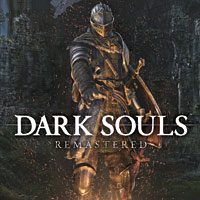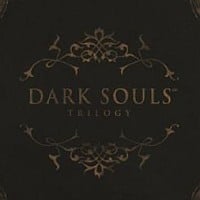The Comforting Dying Simulator - Original Dark Souls Turns Ten Years Old!
Celebrating its tenth birthday today, Dark Souls is not just an outstanding game. For many players, it's a uniquely personal experience that has helped them in battling depression or going through trauma.
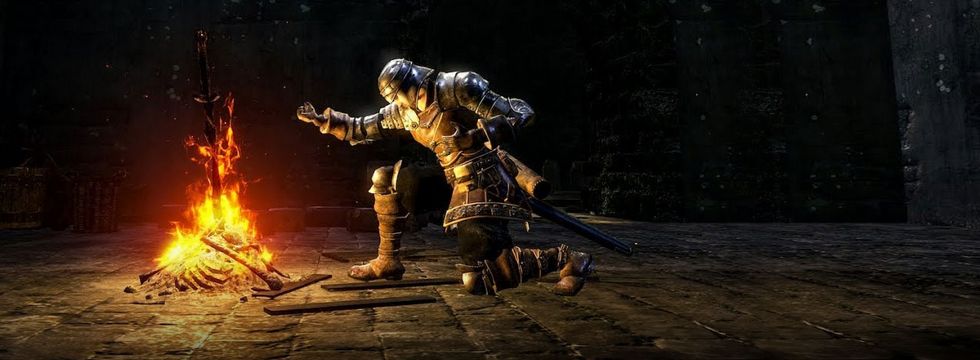
- The Comforting Dying Simulator - Original Dark Souls Turns Ten Years Old!
- Darkness of souls, light of bonfires
- Don't you dare go hollow
This article is based on stories of players going through a tough time in life, or downright suffering from depression. For them, Dark Souls proved to be a cathartic experience that aided their struggle with these issues. However, we do not wish to imply that playing a single game can solve anyone's mental problems. Depression is a serious condition that can affect anyone, and as such, it requires the attention of professionals. If you, or someone close to you is struggling with it, organizations such as The Substance Abuse and Mental Health Services Administration, or National Institute of Mental Health provide helplines where you can find support.
The beginning of my recent, fourth approach to Dark Souls – a title that just turned ten years old – involved a feeling I don't think I've ever felt in gaming. As soon as I left the Undead Asylum and heard the first sounds of the theme echoing in the Firelink Chapel, I realized I was home. The dozens of victories and thousands of defeats I've had in this universe made me familiar with almost every path, and quite a few, deeply hidden secrets. If there's any virtual world I've settled in for good, it's Lordran.

It's all the stranger because the Dark Souls universe is not a particularly friendly place. With the exception of a few amiable characters – some of whom seem to be teetering on the edge of insanity – the creatures inhabiting this land are aggressive undead, savage monsters, and deadly demons. If our hero leaves the Firelink Chapel through the wrong exit, they will end up in Catacombs, where giant skeletons will kill them with 100% certainty. And when they get to the infamous Sen's Fortress, they'll undoubtedly fall prey to the deadly traps that saturate this degenerated amusement park. Almost everything in Dark Souls wants to kill you, and it mostly succeeds in doing so. The absolute hostility of the world is also emphasized by the suffocating atmosphere – the ever-present impression of impending, inevitable collapse. And yet, while browsing forums and articles about the series by FromSoftware, I regularly came across confessions about how Dark Souls – particularly the first installment – helped people struggling with trauma or depression.
Painful comfort
At first glance, this sounds kind of absurd. It is, after all, a game that's earned the infamous moniker of a "death simulator," one that regularly presents its players with seemingly insurmountable challenges, and that requires a great deal of perseverance and patience to complete. How could it help anyone, if it was an outright endless source of frustration for many players? And yet, dozens of confessions from people struggling with depression or trying to recover from traumatic experiences suggest that facing Dark Souls, with all its inaccessibility, mystery, and hopelessness, is basically a therapeutic experience.
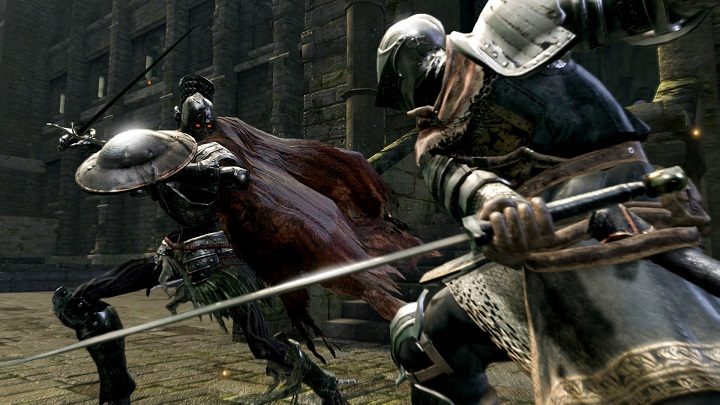
This is certainly related to the fact that many elements of this game, perhaps coincidentally, reflect the feelings of people struggling with these issues. For those suffering from depression, powerlessness and inability to change one's fate is a problem they face every day. In Dark Souls, at least in the beginning, it's the same – sometimes getting from one campfire to another is a matter of dozens of attempts and thousands of lost souls. A sense of irrelevance in face of insurmountable obstacles banes the player for the vast majority of the first stages. And at the same time, once we get some practice and show determination, the game allows us to go further. Dark Souls is a tedious production, but no matter how many times we fail, it never blocks the possibility of further progression. The loss of several thousand souls is frustrating – but not much else. FromSoftware is like a strict parent or coach in this respect: it mercilessly punishes us for our mistakes, but in essence, it fully accepts our weaknesses and allows us to find our own strengths.
This is an extremely important lesson: to show that overcoming adversity that seems to be beyond the player's reach will by no means be easy, but is certainly possible. This is where Dark Souls' notorious difficulty level comes into play. Yes, this series – as everything FromSoftware has released in recent years – requires a ton of determination. It certainly has moments, when the assurances of its biggest fans about its "tough, but fair" attitude seem an unfunny joke. But everything you invest into Dark Souls you get back, and then some – in the form of satisfaction and a sense of constant progress. In the end, the phenomenon of this entire genre is not based on dozens of small failures, but on far-flung moments of utter triumph. Painstakingly obtained, anticipated, simply: fully deserved.
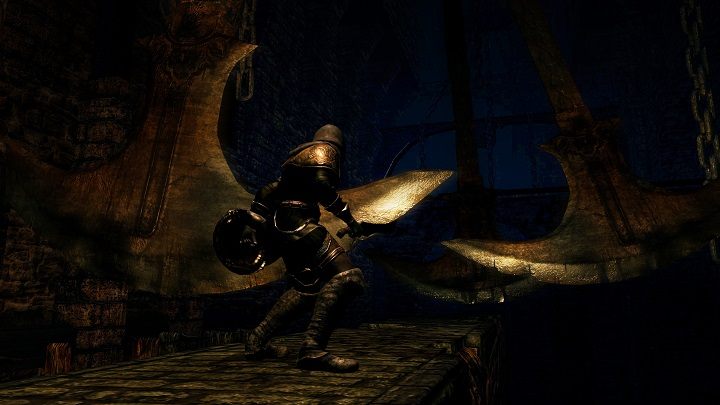
Why does the original Dark Souls seem to resonate so strongly with people struggling with a variety of metal issues? In part, it's certainly because for most FromSoftware game lovers, this is simply the first production from the studio they've encountered. But also because it deliberately emphasizes the contrast between triumph and failure, and seems more positive in its ultimate tone than the underwhelming third part, the confused part two that didn't seem to have a clear direction, and even Bloodborne, which is more interested in wallowing in gothic monstrosities, Lovecraftian visions, and grotesque deformations. Additionally, the first Dark Souls doesn't allow you to quickly travel between bonfires until the penultimate act of the game, making many players know Lordran by heart – unlike worlds from other FromSoftware games.
